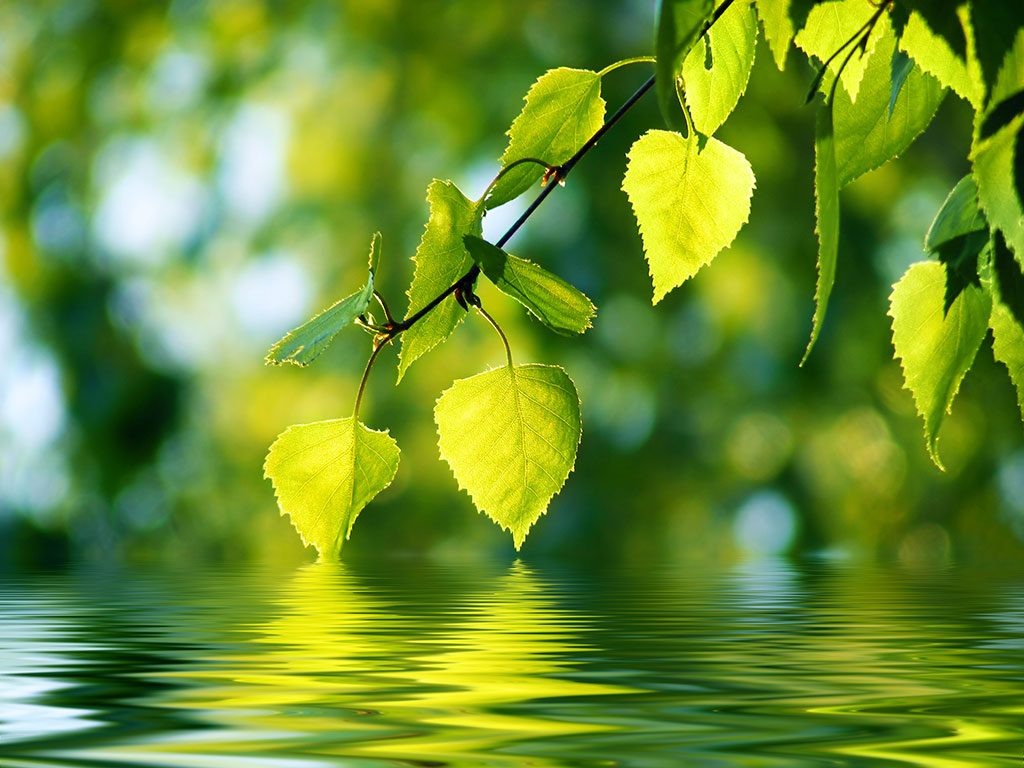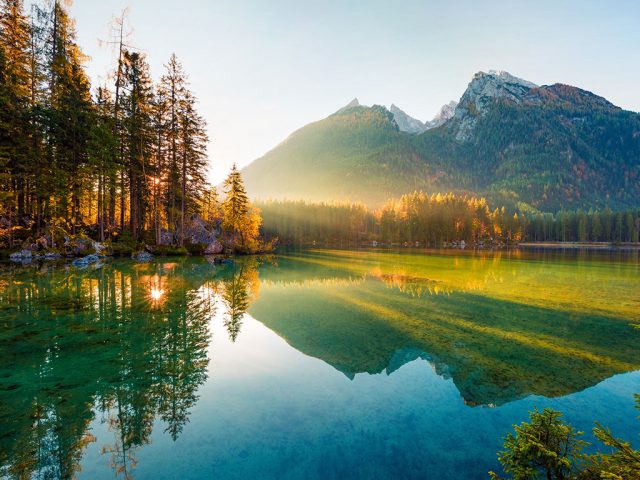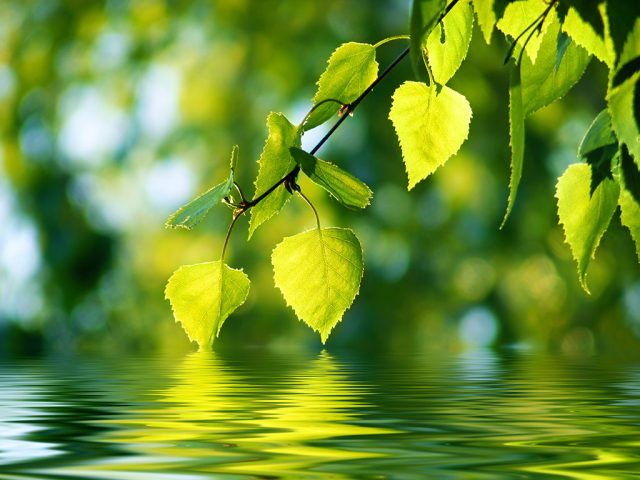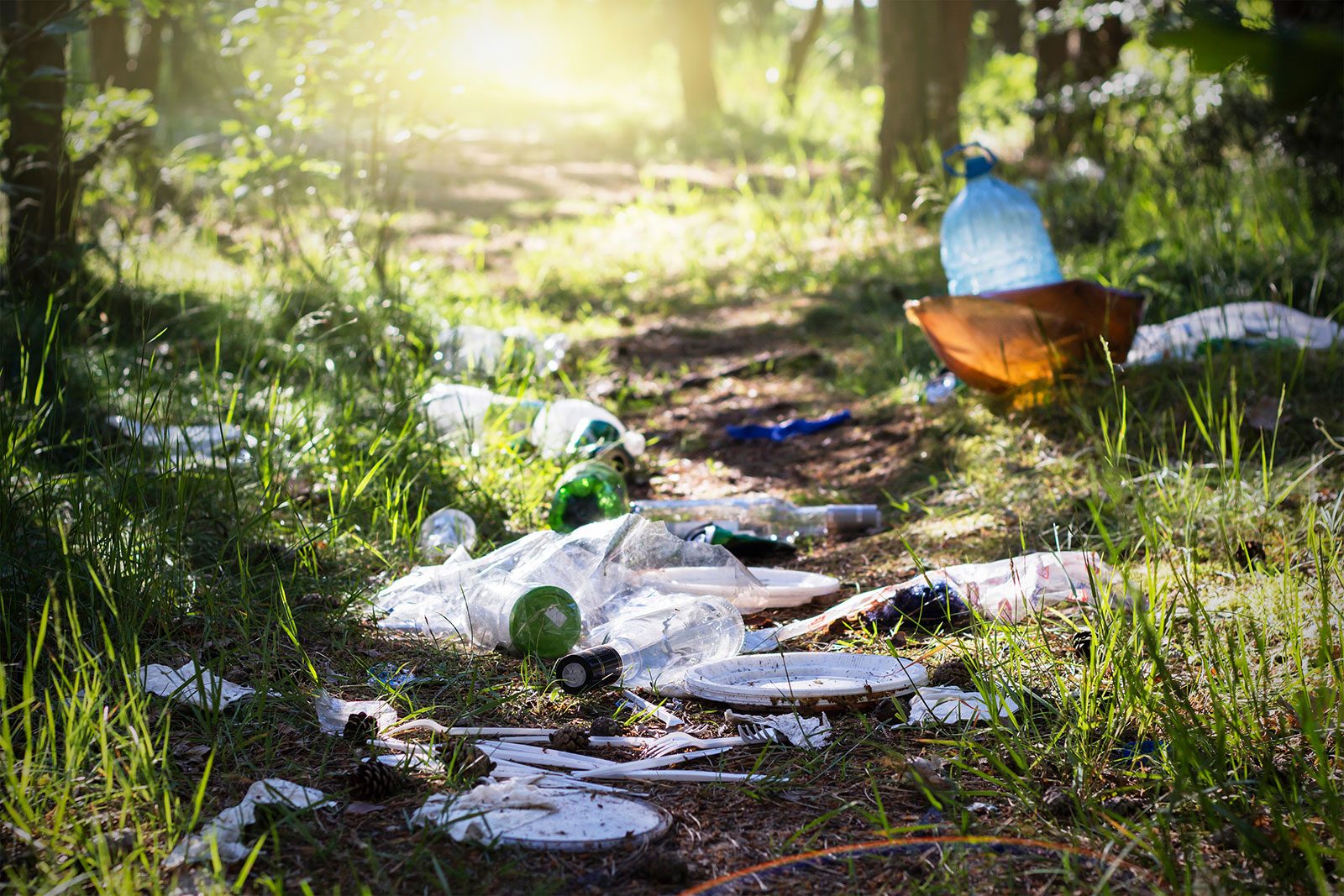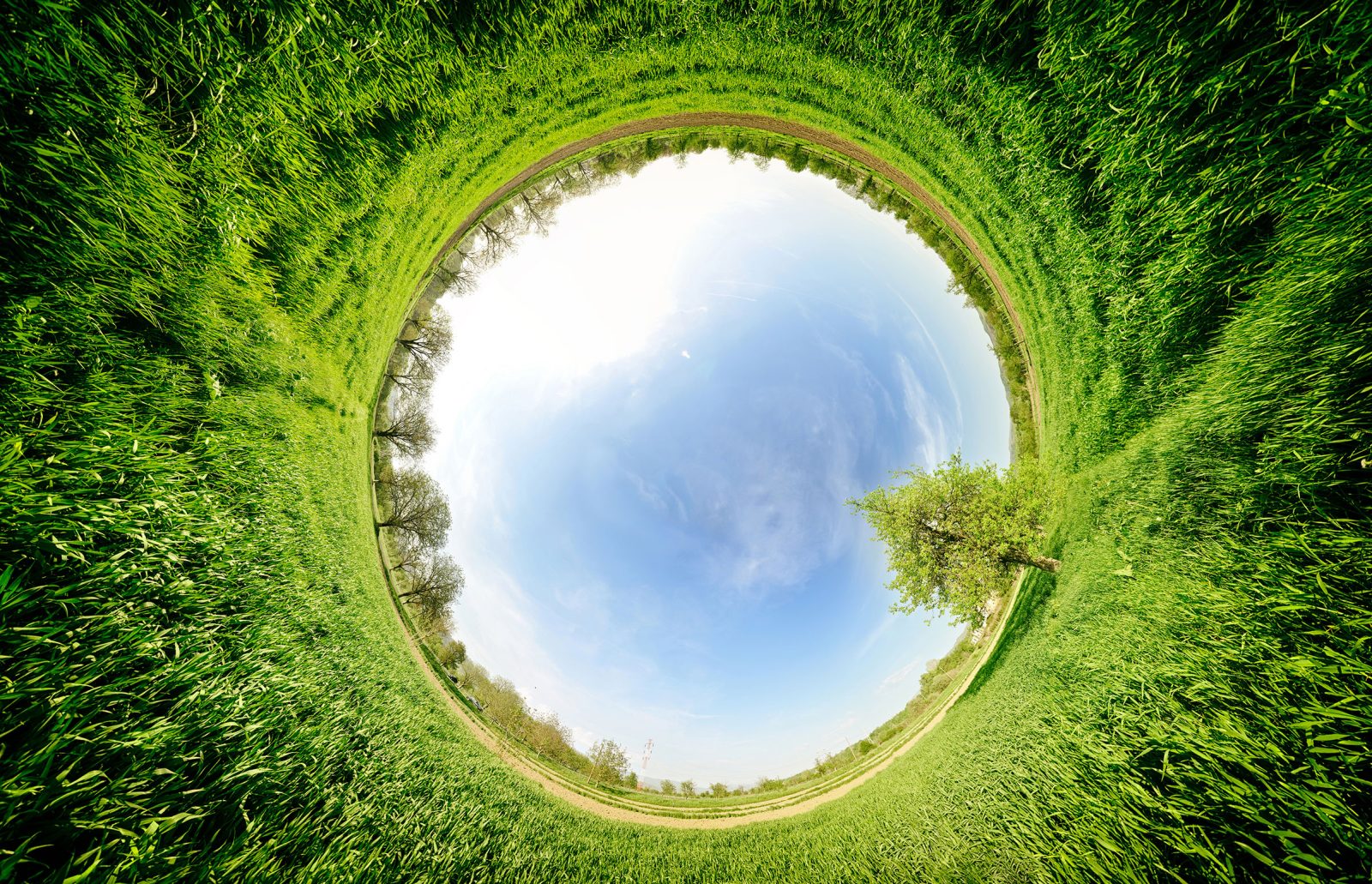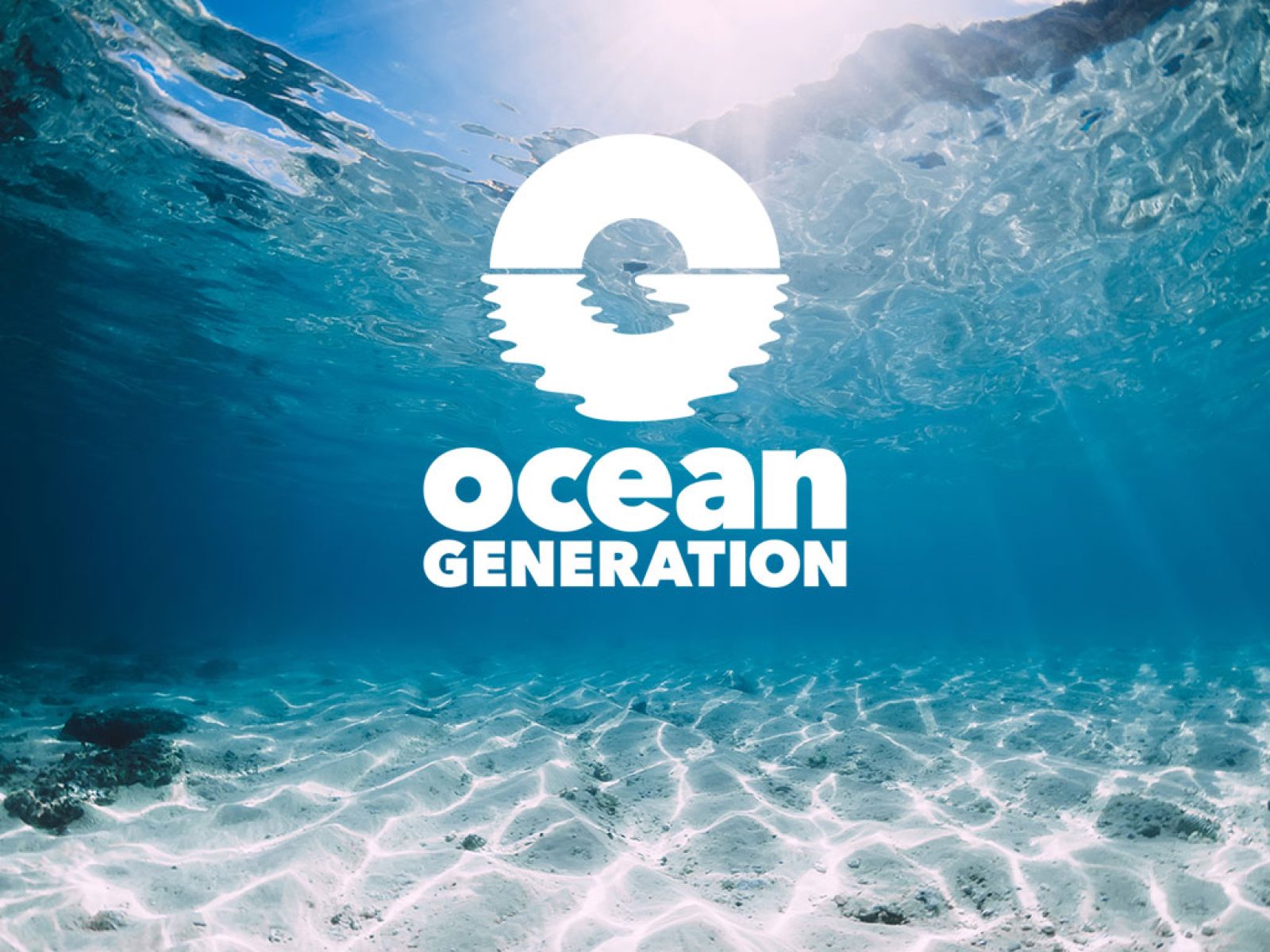The effects of plastic pollution are global; from microplastics in the food chain to landfill leakage, the lack of effective recycling solutions creates a circular pollution problem.
We strive for a plasticneutral approach, which comes from developing a circular plastics economy. By moving away from the traditional linear model of create-consume-dispose to one of create-consume-recycle, we:
- Convert plastics destined for incineration, landfill or the environment into valuable products
- Extract value from waste plastic, that would have otherwise been lost
- Reduce the requirement for fossil resource in the production of plastic, as part of the decarbonisation agenda
- Allow plastic to remain a part of our everyday lives, with a strong recycling model to ensure its after-use
By achieving the above, we become plasticneutral – continuing to use a product that has so many benefits, whilst ensuring it is responsibly managed.




